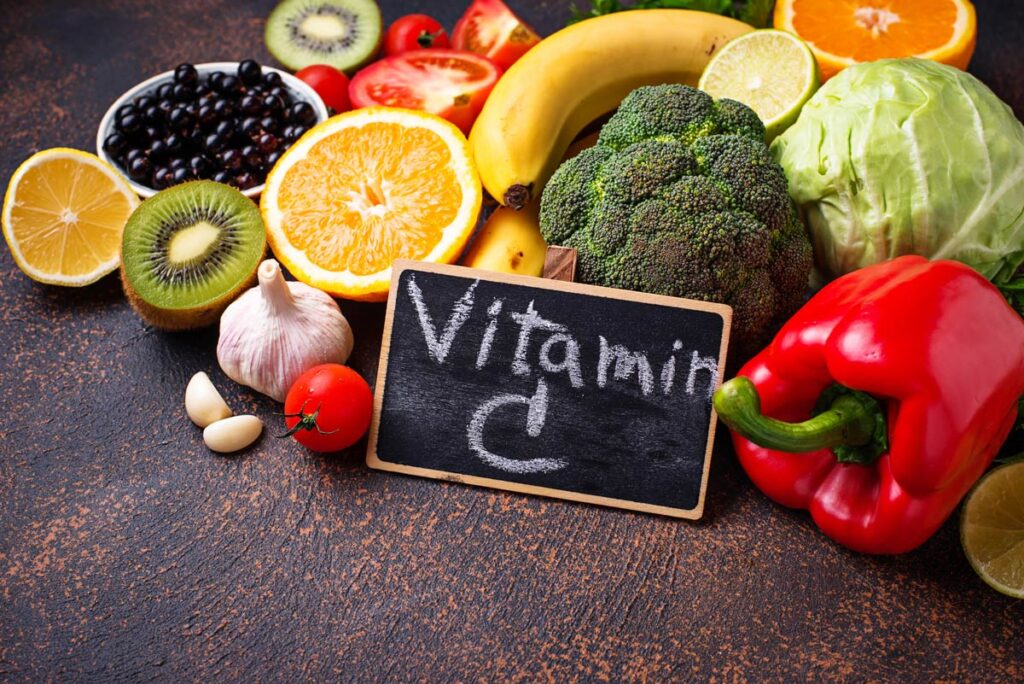Very often in bodybuilding, the things that make us most healthy are not conductive to bodybuilding progress, and vice versa. The healthiest people in the world eat very little meat, lots of fruits and vegetables, and avoid most fats. They keep their daily caloric intake under 1500, and carry very little muscle mass as a result. They are sleight in frame, and have little strength. Their chosen exercises would involve some toning machine workouts, which wouldn’t put the joints at risk from high impact.
The most successful bodybuilders, on the other hand, eat a lot of calories. Their daily fat, protein, and carbohydrate totals could easily triple that of the “health nuts”. As a result, their hearts are forced to do double or triple the work. After all, the heart has no idea if the mass it is delivering blood to is composed of fat or muscle – it just knows that it needs to work harder. We won’t even include anabolic steroids (and the additional risks they introduce) in this conversation. The point is clear that bodybuilding and health goals require different paths.
Vitamin C and E are anti-oxidants, which fight the effects of free radicals in the body. Free radicals are the materials outputted from the activities of the body. They cause cancer, but they also cause muscle gains, if that makes any sense. When muscles are trained, they release free radicals, which in turn adhere to the damaged muscle cells to cause new muscle growth. Free radicals are, simply put, the rust that attacks healthy cell membranes.
Most healthy people take vitamin C and E daily to offset these free radicals in the body. But now researchers are observing that C and E may kill of those free radicals, which trigger muscle growth by reducing the inflammation that the free radicals normally cause. This means that C and E prevent muscle growth, but prevent cancer as well – another Catch-22.
It’s still an undecided argument, but it raises an interesting question. Vitamin C is often recommended to be taken at a 1000 mg dose following each workout to help with recovery and the immune system. Does this mean you are short-circuiting muscle growth by doing so? But are you also short-circuiting cancer cell growth by doing so? And, if you had to choose between muscle growth now and the possibility that cancer would onset earlier in your body, which way would you go?

